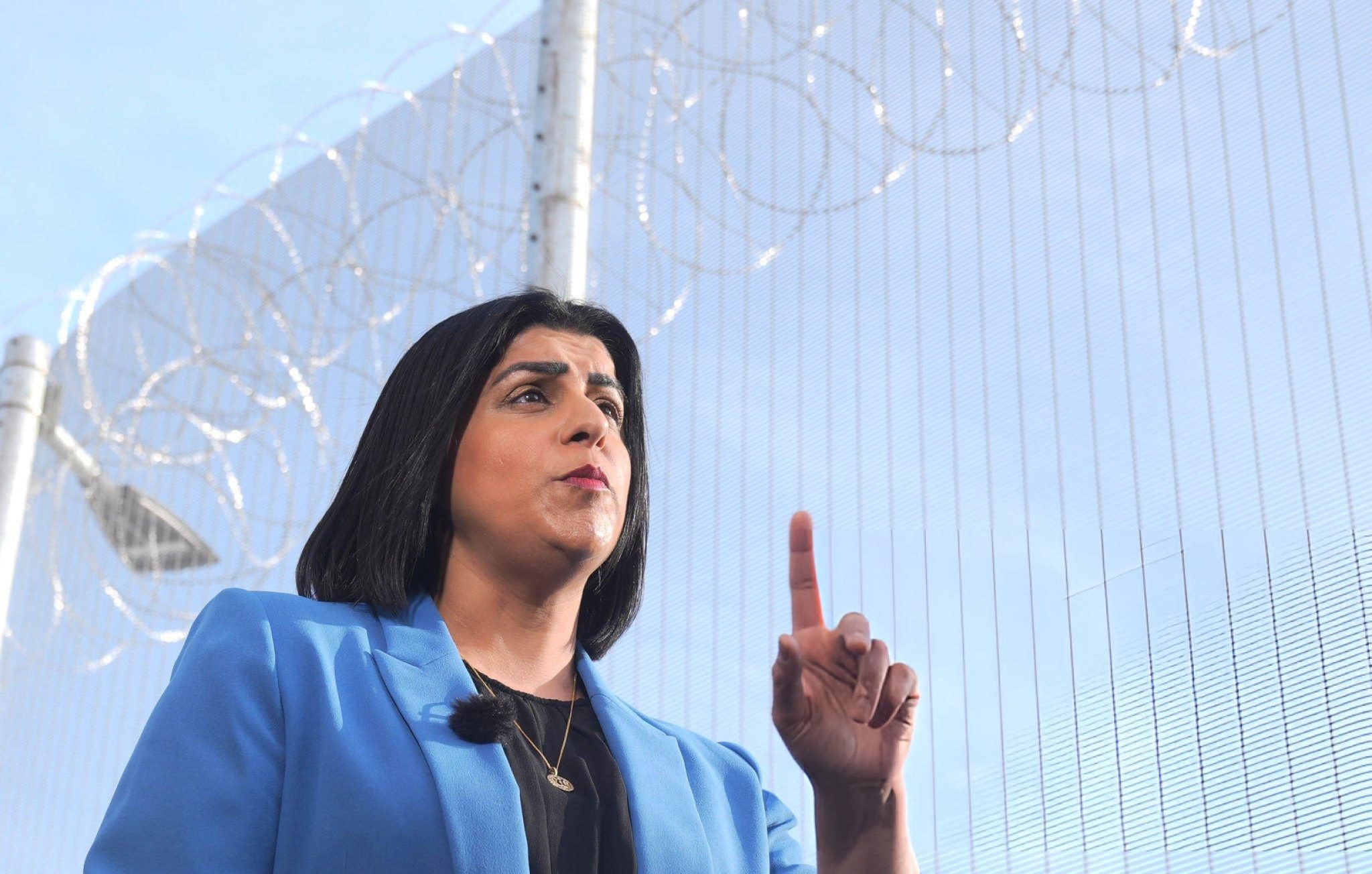Justice Secretary Shabana Mahmood has described as “absolutely unacceptable” any questioning of the validity of a landmark Supreme Court ruling that clarified the definition of “woman” in UK law as based on biological sex.
Addressing the Joint Committee on Human Rights in Parliament, Mahmood defended the UK’s highest court, stating that the justices had “done their job” by delivering clarity on a matter of law that has become a lightning rod for social and political debate.
Earlier this month, the Supreme Court ruled unanimously that the words “woman” and “sex” as used in the Equality Act 2010 refer specifically to biological sex, rather than gender identity. The decision effectively confirms that a Gender Recognition Certificate (GRC) does not alter a person’s legal sex for the purposes of protections under the Act.
This means that trans women — those who are biologically male but identify as female — can be lawfully excluded from women-only spaces such as public toilets, changing rooms, and certain employment scenarios, where it is deemed a proportionate means to achieve a legitimate aim.
Mahmood, speaking before MPs and peers, stressed the role of the judiciary in upholding the law impartially. “They obviously provided the legal clarity in their legal decision, which is exactly their job,” she said. “I think it’s disappointing since then that some individuals have sought to question the validity of the Supreme Court or cast aspersions, which is absolutely unacceptable.”
The ruling has sparked intense debate, with some trans rights groups expressing alarm over the consequences for trans individuals’ access to public spaces and legal protections.
The Equalities and Human Rights Commission (EHRC) has since published interim guidance, advising that trans women “should not be permitted to use the women’s facilities” in workplaces or customer-facing environments like hospitals and shops. Similar guidance applies to trans men using male-designated spaces.
However, the EHRC emphasised the need to ensure trans people are not left without access to facilities entirely, and committed to publishing a full code of practice by June, pending ministerial approval.
TransActual, a leading trans advocacy organisation, has written to Prime Minister Sir Keir Starmer requesting clarification on the future role and significance of GRCs in light of the ruling. Meanwhile, LGBT rights charity Stonewall expressed “deep concern”, warning that the judgment is “incredibly worrying for the trans community.”
Dr Victoria McCloud, the UK’s only openly transgender judge, is reportedly preparing to challenge the ruling at the European Court of Human Rights, citing concerns over its implications for human rights protections.
According to The Mail on Sunday, Labour MPs Sir Chris Bryant and Dame Angela Eagle have also voiced concern within private party communications, including a WhatsApp group, about the EHRC’s stance and the broader ramifications of the court’s decision.
In response to questions from the committee about the prison system, Mahmood reiterated the Government’s policy on transgender inmates, stating that it “strikes the right balance.” She confirmed that most trans women prisoners are housed in male facilities, and that none who retain male genitalia and have been convicted of violent or sexual offences are held in the women’s estate — unless under the most exceptional circumstances.
“There is one transgender prisoner unit in the prison estate,” Mahmood noted, referring to HMP Downview in Surrey. “We have a responsibility to female prisoners in the female estate to make sure that we can keep them safe. We also have responsibilities to trans prisoners… to keep them safe too.”
According to 2023/24 figures, there are 295 transgender inmates in England and Wales — 244 in male prisons and 51 in female prisons. Rules introduced in February 2023 significantly tightened criteria for the placement of trans women in women’s jails.
Mahmood confirmed that no trans prisoners had been moved into the women’s estate during her time in office. “We will obviously now go back and with the clarity from the Supreme Court just make sure that that policy still stands to scrutiny,” she concluded.
The Government’s approach to the ruling will continue to be watched closely, with wider implications for how sex and gender are interpreted in British law and society.






